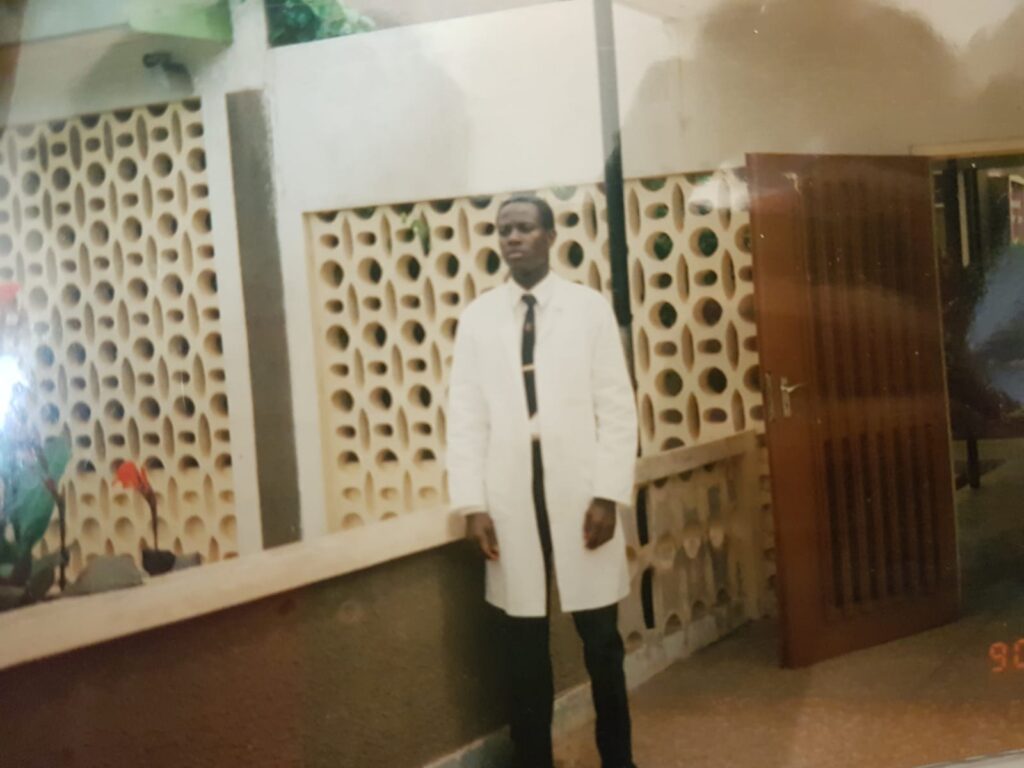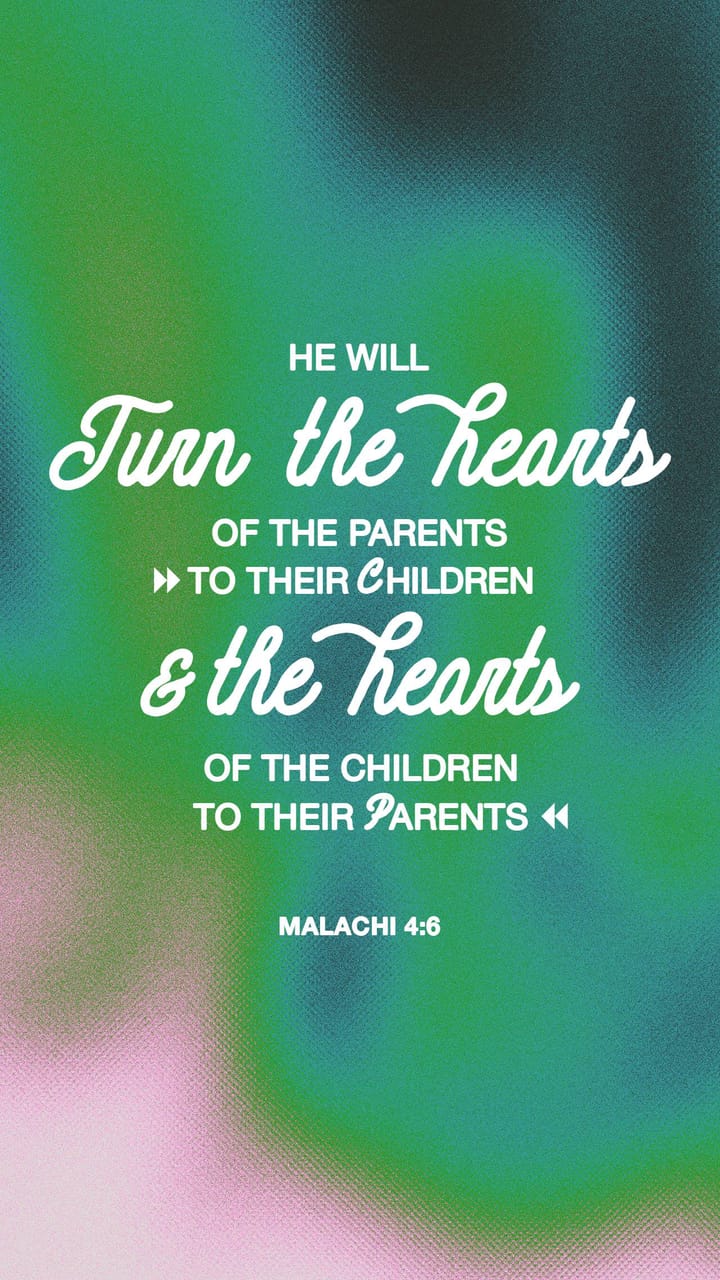By Tim Timberlake
How do we trust God’s Faithfulness through challenges, loss, grief, and hurt, the way heroes of Faith did? Author and Pastor Tim Timberlake explores the lives of biblical heroes listed in the book of Hebrews to reveal how their stories teach us to overcome obstacles, deal with adversity, and trust God in difficult times.
Allowing Faith to coexist with death experiences—everyday setbacks and disappointments, grief, pain, and hurt—is important because sometimes we try to use Faith to avoid them when God is asking us to use Faith to deal with them.
Instead of walking through death experiences with grace, we think we can believe, hope, trust, claim, quote, and pray our way out of them. When that doesn’t work, we blame ourselves for our lack of Faith, or we get mad at God for not holding up his end of the deal, or we pendulum back and forth between the two.
If you think every bad thing that happens is because you didn’t have enough Faith, you’re going to spend a lot of time feeling ashamed and condemned. Plus, what we are suffering from or what we have lost is only part of our story. Faith in God allows us to see difficult situations in their wider context: they are just one part of a complex, long, layered, beautiful life.
Hebrews 11 lists numerous people from Israel’s history. For each one it says, “By Faith so-and-so did such-and-such.” It’s easy to look at that list and think, Wow, those men and women were incredible. They believed, and God did miracles. Their Faith was proved by their life.
But look at verse 13: “All these people were still living by Faith when they died. They did not receive the things promised; they only saw them and welcomed them from a distance, admitting that they were foreigners and strangers on earth.”
They didn’t just live in Faith; they died in Faith, knowing that God is Faithful in this age and in the age to come.
What if we stopped looking at our death experiences as a sign that we lacked Faith, and instead looked at them as simply another way to walk by Faith? What if we stopped thinking we somehow failed God and instead remembered we are following God?
That would change our whole perspective on loss, pain, and disappointment. It would change our perspective on ourselves too. We would give ourselves space to grieve and time to heal instead of hiding our pain or beating ourselves up over it.
OVERCOME BY LETTING GO
“Letting go” is easier said than done. It takes foresight and maturity to look beyond your present pain and realize something better is coming.
Many heroes of the Bible had to say goodbye to things they cared for deeply. We remember the victory at the end of their stories, but we often forget the emotional choices they made along the way to let go of a past or a dream or a relationship that needed to be laid to rest. Only then could they step into the future God was offering them.
Remember in Genesis 22 when God Asked Abraham to give up his son? Isaac was his only son, his promised son, his beloved son, the answer to decades of prayer and patience. God’s instruction must have felt like death to Abraham (Hebrews 11:17-19). But he was willing to let go, and God Applauded him for his Faith and trust. In fact, the Bible calls him the father of all who believe.
Or how about when Moses tried and failed to deliver Egypt in his own strength, then fled to hide in the wilderness in fear and shame (Exodus 2)? I can only imagine the guilt and insecurity that must have plagued him for decades. Then, one day, God Told him to go back.
Moses had more excuses than a teenager being told to clean his room, but God finally Talked him into it. Moses had to let two things die: his idea of how Israel would be set free (control), and his feelings of failure (shame). When he let go of those, God used him to deliver Israel from Egypt (Hebrews 11:24-28).
Ruth let go of her homeland and her own family (Ruth 1:16-17). Hannah had to leave her son Samuel behind to grow up at the temple (1 Samuel 1:22). Esther had to leave her adoptive uncle to move into the palace of a maniacal, pagan ruler (Esther 2:8). Jesus had to find comfort and healing after his cousin John the Baptist was killed (Matthew 14:13).
Mary had to say goodbye to her son on the cross (John 19:26-27). I could go on and on, but you get the picture. Overcoming adversity is not just about what we get, but it’s also about what we give up.
These stories from the heroes of our Faith should remind us that letting go is just as much a part of Faith as holding on. We need to remove the stigma that is often attached to grief. What are we so embarrassed about? What are we so afraid of?
Closing a business, going bankrupt, or having a chronic illness doesn’t mean we are failures. Nor does it mean that we don’t have Faith. These circumstances and others like them simply mean we are alive, and we are human, and we are normal, and we are moving forward.
There is a natural movement or trajectory to life, and what works for one season doesn’t necessarily work for the next. Losing, leaving, and laying to rest are necessary stages of growth. Nobody likes to lose, but if we can’t lose, we can’t gain either. We will just stay where we are, and that’s unnatural.
A lot of overcoming is simply moving forward, growing, and adapting as we go. It is leaving the past behind without bitterness or regret, but rather with honor, knowing what we had was important for a season, but that the season has ended. In other words, we learn to let things rest in peace without losing our peace.
Having Faith in God doesn’t mean you never lose a job, loved one, or friendship. It means that even when you lose what you thought you couldn’t survive without, you keep living. You keep loving. You keep giving.
Your pain runs deep, but your Faith runs deeper. Your circumstances have changed, but God hasn’t.
The Art of Overcoming explores how we deal with loss, grief, and hurt, and challenges readers to keep what looks like endings from discouraging or derailing us. The pain we experience is real—but there’s a difference between acknowledging it and giving into it.
Rather than seeking a fake hope that pretends loss doesn’t exist or doesn’t matter, author and pastor Tim Timberlake encourages us to pursue hope rooted in God, and gives this reminder: don’t quit! The process of overcoming is not about understanding everything or living without pain, but about finding healthy ways to process the scary, strange, and sometimes devastating circumstances we face.
The Art of Overcoming is divided into four parts, using the imagery of a traditional funeral ceremony as a framework to process the “death experiences” we face regularly in this crazy journey called life:
A Matter of Life and Death explores five foundational perspectives about grief and loss. The Processional encourages us to face head-on the reality of our experiences.
The Eulogy helps us memorialize and honor what has been lost and how to process grief in a healthy way. The Recessional is about closure as we discover life after death and move forward.
No matter what you’ve gone through or are in the middle of right now, better days are ahead. Let God heal your heart in His timing, take time to grieve what needs to be grieved, and then celebrate the new life God lays out before you.






